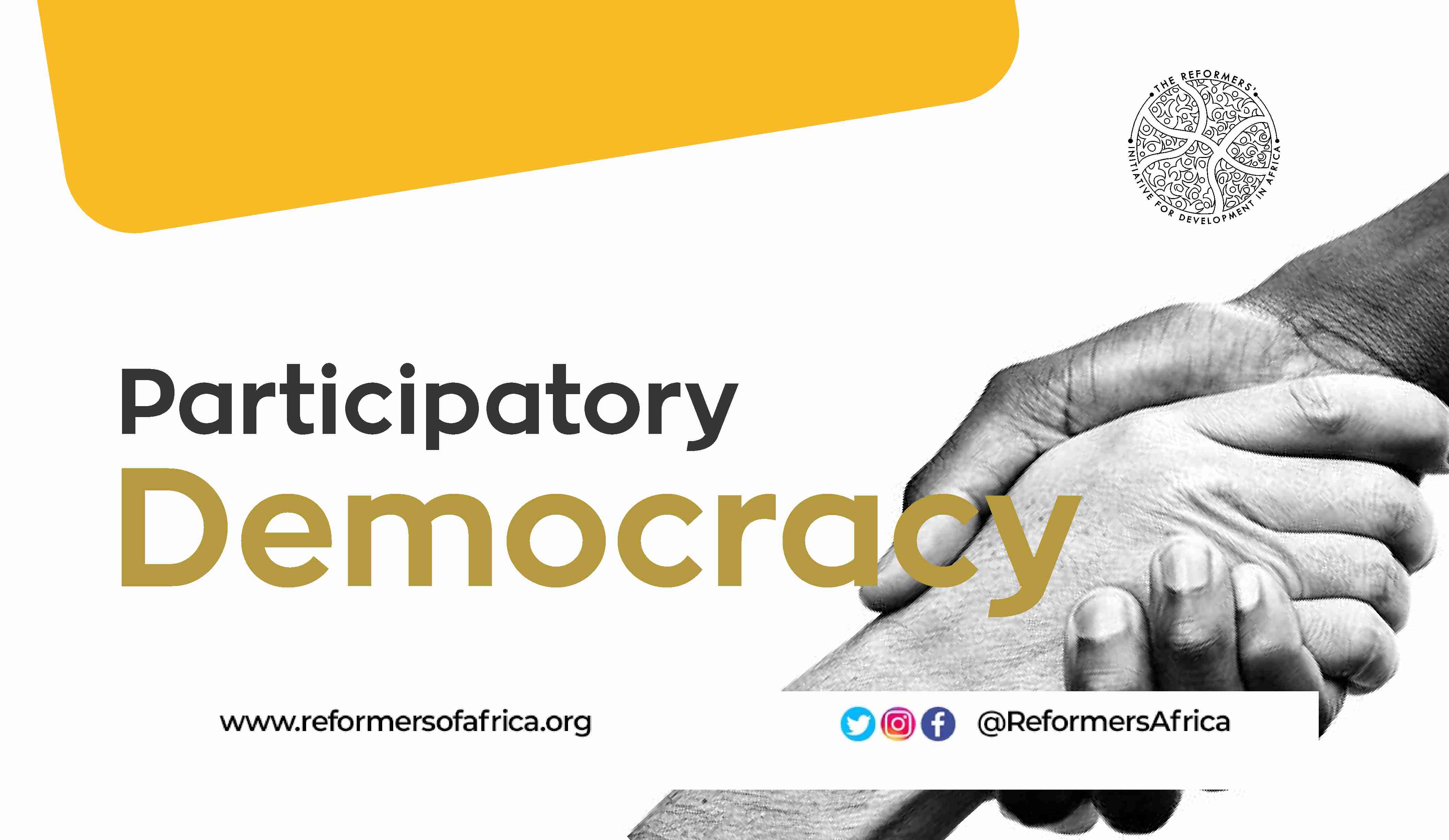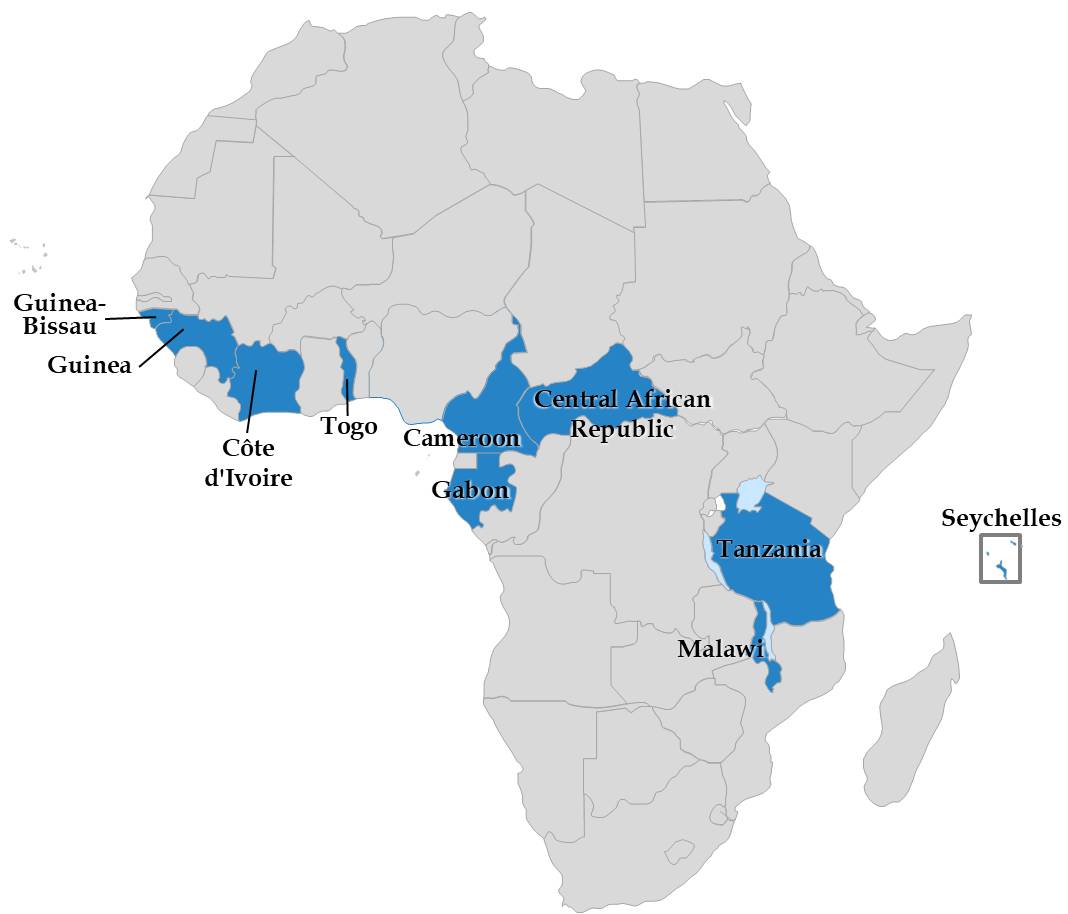Blog

Participatory Democracy In Africa
Democracy is in jeopardy in many African countries. Although there are many countries that claim to be democratic in Africa, this is far from reality. On one hand, some countries like Nigeria, Ghana and Senegal practice democracy but have weak institutions. At best, democracy in most of these countries ends immediately after voting (if irregularities and violence do not mar the elections). On the other hand, many countries like Uganda and Cameroon on the continent claim to be democratic without understanding the principles of democracy. The leaders of these countries have so much power that they could single-handedly trigger constitutional changes in their countries for their own personal purpose. They also muzzle any opposition to their government and could cut off the media if they oppose their governments. This trend is increasing in Africa and if the people do not participate in democracy, dictatorship and tyranny loom.
In his Gettysburg address, Abraham Lincoln’s explanation of democracy is perhaps the most understood definition of participatory democracy. He defined democracy as a "governmental regime of the people, by the people and for the people.” Democracy involves the participation of the people. In short, the people should determine and define governance.
Why do Africans often neglect participatory democracy? How can Africans effectively participate in democracy?
Firstly, there is a huge gap in the institutional framework for the development of democracy in Africa. Many African states lack independent institutions and systems for choosing representatives in a democracy. Most times, the institutions are not well equipped to conduct free and fair elections. This need to change. The various institutions managing the affairs of elections in Africa should be properly equipped. Many countries must build strong institutions that would conduct elections without any influence. Stronger institutions would guarantee the smooth running of democracy in Africa. In response, the institutions must be accountable.
Secondly, ill-preparation and non-execution of plans and even electioneering is a bane to participatory democracy in Africa. A well planned and executed electioneering would be a plus going forward. For instance, Nigeria, Africa’s largest democracy, changed the initial date of the general elections in 2019. Sadly, the change came at the early hour of the election day. This often leads to distrust among the people.
Unfortunately, many Africans do not participate in the business of the state. Less than 30 million voters took part in Nigeria's last election after 80 million people had registered.
If Africa must enjoy the benefits of democracy, the citizens must be willing to walk the talk. The people need to move from their shells and ask more questions about their representatives and governance. The citizens should organise town hall meetings and invite their representatives for updates in the government. The citizens must perform their civic duties and be obliged to contribute to the development of their community. The citizens must also be ready to participate in electioneering. Apply for a voter's card and vote during elections.
Don’t forget to follow the activities of pro-democracy organisations in your area for major updates. For instance, the Reformers of Africa is pioneering accountability checks through her program, the Citizens’ Watch. You could follow our accountability check on the state governments of Oyo and Ekiti here.
Oluwasegun Ajetunmobi is the Programs Associate at Reformers of Africa. He holds a Master Degree in African Studies (with a focus on African Diaspora and Transnational Studies) from the University of Ibadan. He believes that Africa could reach glorious heights if its potentials are harnessed and managed properly. He tweets @segzyaj.
Latest posts

The New Authoritarian Playbook: When Elections Cement Power, Not Change

The Year The Baobabs Fell: Saying Goodbye To African Giants In 2025
Inside Cameroon’s Refinery: Desperation, Systemic Failure, And An Unprecedented Election

West Africa Civic Tech Conference 2025: Advancing Democracy Through Innovation

Reformers Of Africa Celebrates World Book And Copyright Day